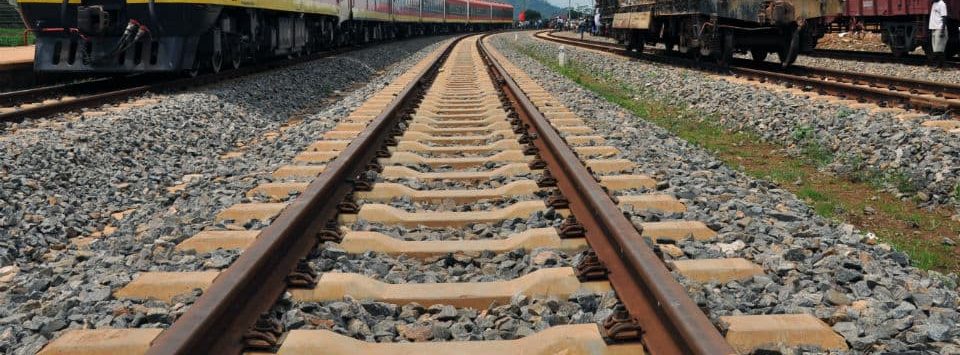Angolan President and African Union Chairperson João Lourenço has described the Lobito Corridor as a “game-changer” for Africa’s trade and economic growth, calling it a model for transforming the continent’s infrastructure ambitions into reality.
Speaking at the Financing Summit on Logistics held in Luanda under the theme “Capital, Corridors, Trade: Investing in Infrastructure for the AfCFTA and Shared Prosperity,” Lourenço said the corridor demonstrated how political will and regional cooperation could mobilize capital for large-scale infrastructure.
Africa currently faces an annual infrastructure financing gap estimated between $68 billion and $108 billion, a challenge the summit aimed to address by bringing together African leaders, global investors, and development finance institutions.
Stretching from Angola’s Atlantic port of Lobito through Zambia to the Democratic Republic of the Congo (DRC), the Lobito Corridor is designed to boost regional trade, improve mineral exports, and lower transportation costs. Lourenço said the project exemplifies how investment in transport corridors can accelerate industrialization, job creation, and economic integration across the continent.
He urged stronger support for the Programme for Infrastructure Development in Africa (PIDA), noting that projects like Lobito are key to unlocking the potential of the African Continental Free Trade Area (AfCFTA). “The Lobito Corridor is proof that with determination and partnership, Africa can build transformative infrastructure that connects economies and communities,” Lourenço said.
Other speakers at the summit echoed the call for African-driven financing. Mahmoud Ali Youssouf, Djibouti’s Minister of Foreign Affairs and International Cooperation, urged a shift from what he termed “a logic of assistance” to “a logic of alliance,” emphasizing collaboration over dependency. He said African countries must look inward and leverage their own resources to fund growth.
Nardos Bekele-Thomas, CEO of the African Union Development Agency (AUDA-NEPAD), highlighted the vast financial potential of Africa’s pension funds, insurance firms, and sovereign wealth funds, which hold trillions of dollars abroad. She urged African nations to redirect these resources to infrastructure, energy, and connectivity projects that drive sustainable development.
The focus on local content and industrialisation also featured prominently in discussions. Lerato Dorothy Mataboge, AU Commissioner for Infrastructure and Energy, stressed that African skills, innovation, and finance should lead infrastructure projects. “Our goal must be to build African solutions for African challenges,” she said.
Samaila Zubairu, CEO of the Africa Finance Corporation, added that processing raw materials locally would allow Africa to move up the global value chain, increasing employment and competitiveness.
The Luanda Summit concluded with a strong consensus that the Lobito Corridor and similar strategic transport projects are critical to advancing Africa’s trade, integration, and prosperity. Delegates agreed that with firm leadership, coordinated policy, and domestic investment, Africa’s long-standing infrastructure vision can become a powerful driver of inclusive economic growth.


